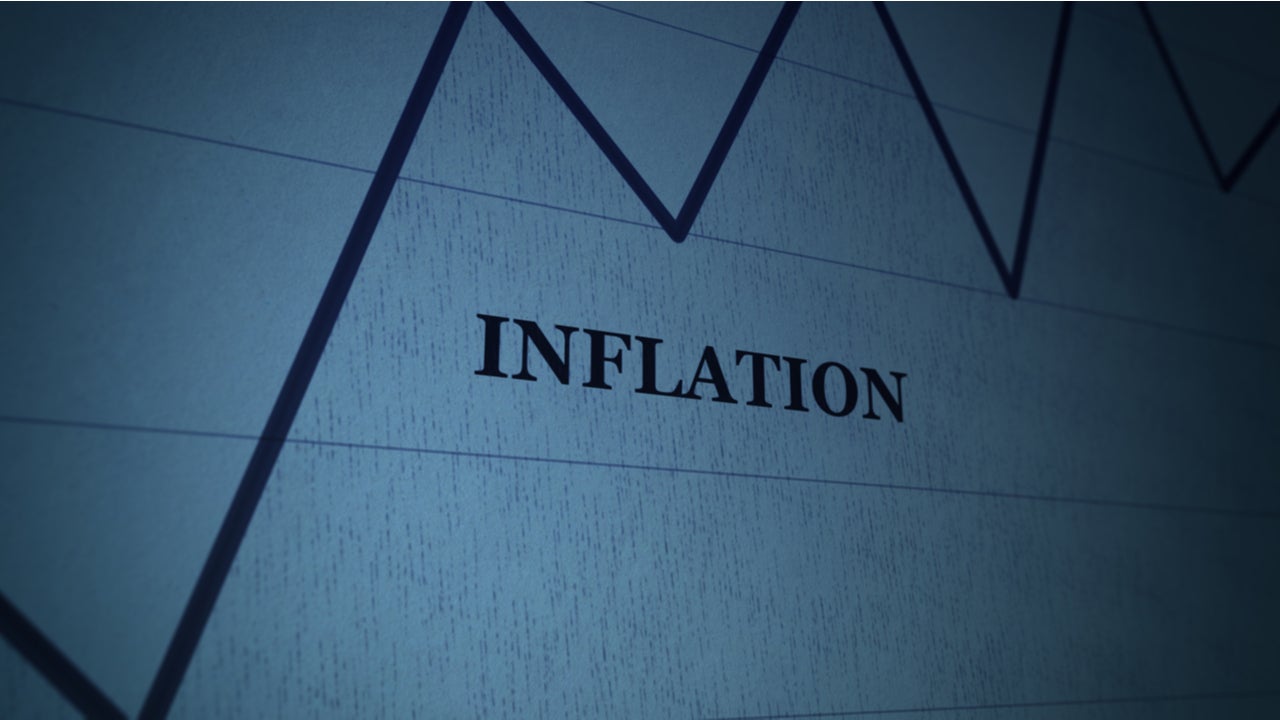David Wessel
David Wessel, director of Hutchins Center on Fiscal & Monetary Policy, shared an article from the Peterson Institute For International Economics on how high inflation rates can help in creating jobs in the US. The article notes that the Federal Reserve should target an inflation rate of 3% after the US economy starts to recover from the pandemic.
Keeping the inflation rate higher can help in retaining the unemployment rate at an average of 0.75 percentage points or lower than the sustainable levels for the first 15 years, which will help in creating 1.2 million jobs each year. It can also help reduce inequalities and enable marginalised groups to gain much-needed experience and training by staying in their jobs for a longer duration.
The Federal Reserve had announced its plans to let inflation rates reach 2% after the impact of the pandemic on the economy but the approach did not allow interest rates to be cut. Economists now believe that the central bank should raise allow inflation rates to increase further as it will provide more flexibility to tackle economic downturn through interest rate cuts instead of unconventional tools like bond purchases.
David Reifschneider and David Wilcox, both ex Fed senior economists, make the case for a 3% Fed inflation target. https://t.co/O05TEbs2AZ via @PIIE
— David Wessel (@davidmwessel) August 16, 2021

US Tariffs are shifting - will you react or anticipate?
Don’t let policy changes catch you off guard. Stay proactive with real-time data and expert analysis.
By GlobalDataDean Baker
Dean Baker, senior economist at the Center for Economic and Policy Research, shared an article on the impact of the pandemic on wages in low paying sectors. Nominal wages for workers in these sectors have shown an upward trend over the past few months despite an increase in inflation.
Real wages for production and non-supervisory workers in the retail sector, for example, are 4.6% higher than two years, which is an average annual increase of 2.3%. Similarly, real wages in the hotel and restaurant sector are 6.3% higher than two years, indicating a 3.2% annual increase. Baker noted that workers in the hospitality sector have witnessed substantial increase in wages although the rate of increase is unlikely to continue.
Wages in the lowest paying sectors have far outpaced inflation in the pandemic and recovery https://t.co/kWJ7m0ZJx5
— Dean Baker (@DeanBaker13) August 16, 2021
Christophe Barraud
Christophe Barraud, chief economist at Market Securities, a financial services firm, shared an article on the US Federal Reserve’s plans to scale back asset purchases by mid-2022. Fed officials are planning to curb the monetary easing policies adopted during the pandemic in the next three months if the US economy continues to show signs of recovery.
The Federal Reserve had announced in December that it would continue bond purchases, but the bank now believes that its goal of 2% average inflation and high employment levels have been achieved signalling the need to end its asset-purchase programme. Fed officials are yet to decide on when the monthly purchases of $80bn in Treasury securities and $40bn in mortgage securities will be scaled back.
🇺🇸 #Fed Officials Weigh Ending Asset Purchases by Mid-2022 – WSJhttps://t.co/zSoDX1ci8c
— Christophe Barraud🛢 (@C_Barraud) August 16, 2021
J. Pinter
J. Pinter, an economist and visiting professor at Princeton University, shared an article on the European Central Bank’s (ECB) new monetary strategy that is similar to the Federal Reserve. The two central banks faced similar challenges during the pandemic, which led them to introduce several non-standard policies and tools.
The ECB’s new strategy includes three key changes including achieving an inflation rate of 2%, incorporating climate change into its policy framework and introducing an owner-occupied housing policy.
Economists note that these policy changes are modest and mainly adjustments to existing policies that have been implemented over the past few years. They add that the ECB’s policy framework is expected to evolve slowly and should be reviewed periodically at least once in ten years.
https://twitter.com/JulienP_BSI/status/1427231588341923846




